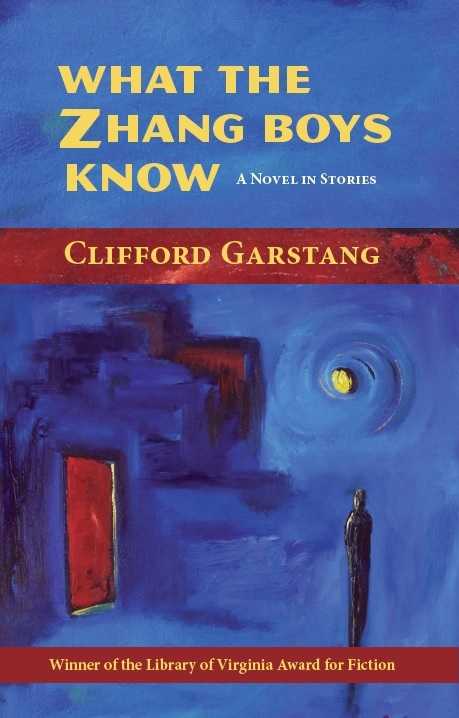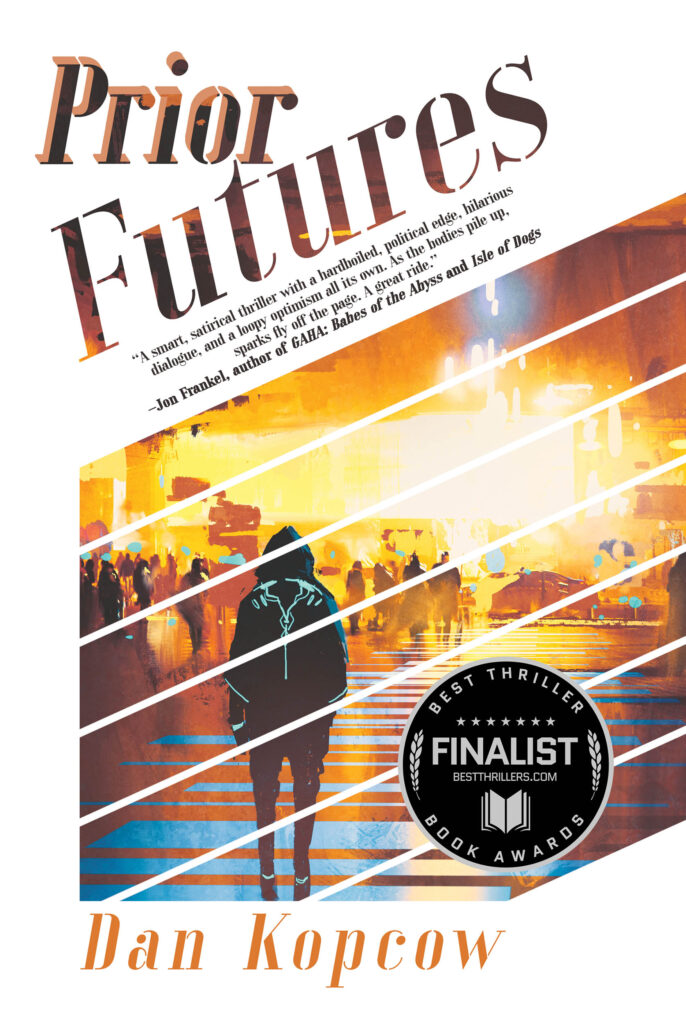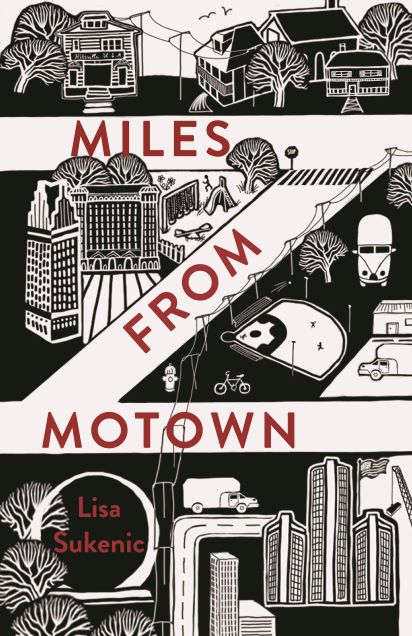My Mandarin Chinese Journey: After the World Bank
Although I liked my job very much, especially the travel (exhausting though it could be), I eventually decided that I wanted to turn my attention to writing fiction full time. Being a spare-time writer is admirable, but it didn’t look like it was something I was going to be able to pull off. So, I quit my dream job, sold my condo, and moved 150 miles away into an idyllic setting in the country, and began writing.
Even after I left the World Bank, however, I continued to work occasionally as a consultant, particularly on projects I’d been handling before. Project managers would ask me to join them on a trip to Jakarta or Beijing or wherever, and I would make the arrangements and go, with tickets and visas and so on taken care of by the Bank.
In this way, I made many more trips to China even after I was no longer a Bank employee. I continued to study Chinese on my own, off and on, making very little progress. As noted early in this series, I also studied other languages: Spanish in anticipation of spending some time in Mexico and later French before I went to a writers’ retreat in Southwestern France.
I enjoyed both of those classes at the local community college, free to me because I was an adjunct teacher of English at the time, and eventually noticed that they offered a Chinese class, too. The first semester of beginning Chinese looked too easy, and there was no second year, so I enrolled in the second semester of the beginning course, which was taught online. Frankly, because of all the time I’d spent with the language up to that point, it wasn’t difficult. The college didn’t offer Chinese beyond the second semester, however.
Meanwhile, my fiction writing has always had something of an Asian flavor, as China and Korea are not far from my mind. In my first collection of short stories, In an Uncharted Country, one of the stories is about a couple who go to China to adopt a baby. That story was inspired by the trip I described earlier in this series in which I was assisting friends who were adopting. Another story in that collection is based on a Korean fairy tale I had translated as a language-learning exercise years earlier. My second book, What the Zhang Boys Know, is set in a condo building in Washington DC, but is focused on Zhang Fengqi, an immigrant from Shanghai, and his family. Thematically, the book also touches on the subject of being witness to tragedy, a theme that was partly inspired by a visit I took to Nanjing, China (site of the Nanjing Massacre of 1937-38) when I was still traveling regularly to China. My first novel is set partly in Korea, my second novel is set partly in Singapore, and the book I’m currently working on is sent entirely in Singapore, and the Chinese language and culture is a big part of that project.
My language studies have drifted over the last ten years or so–prepping for a trip to Europe or Korea–because I’ve been focused on my writing. That changed when the pandemic struck.
Next up, the conclusion of My Mandarin Chinese Journey.




Very admirable career. With so much travel does anyone accuse you of a misspent youth?
LOL